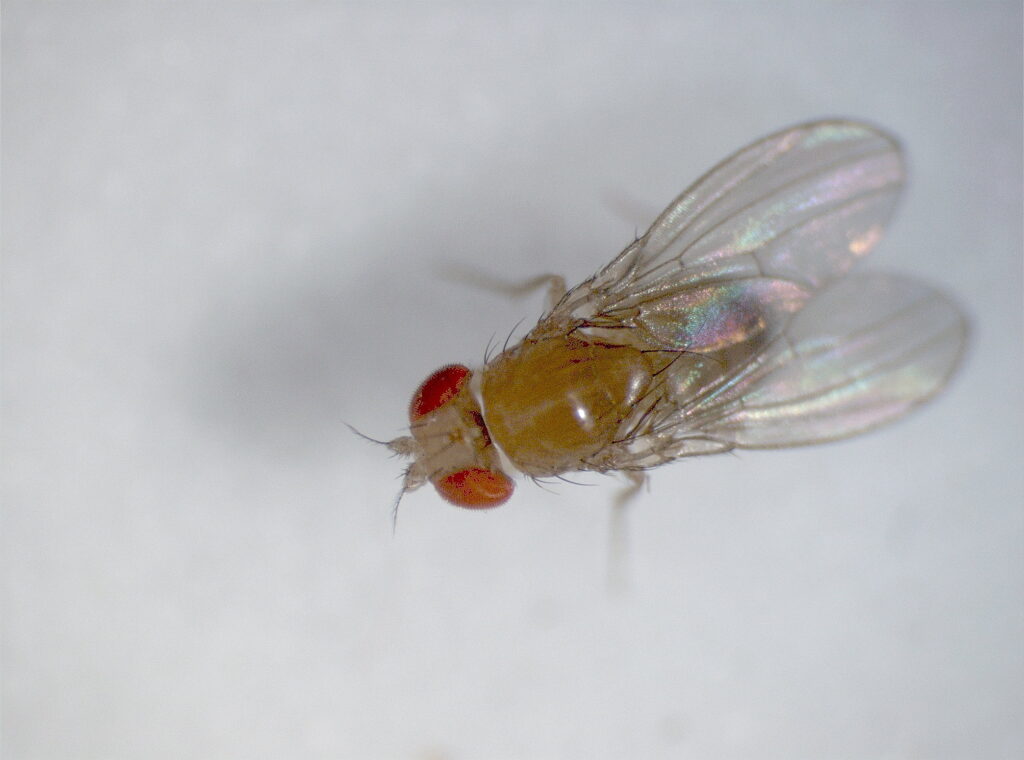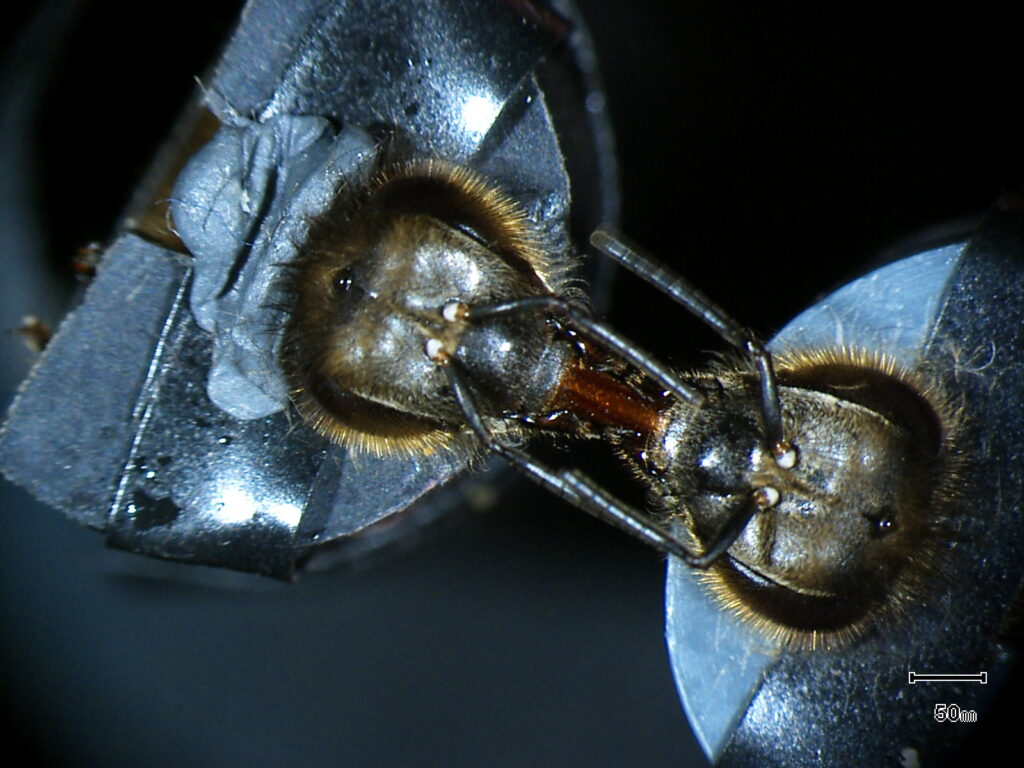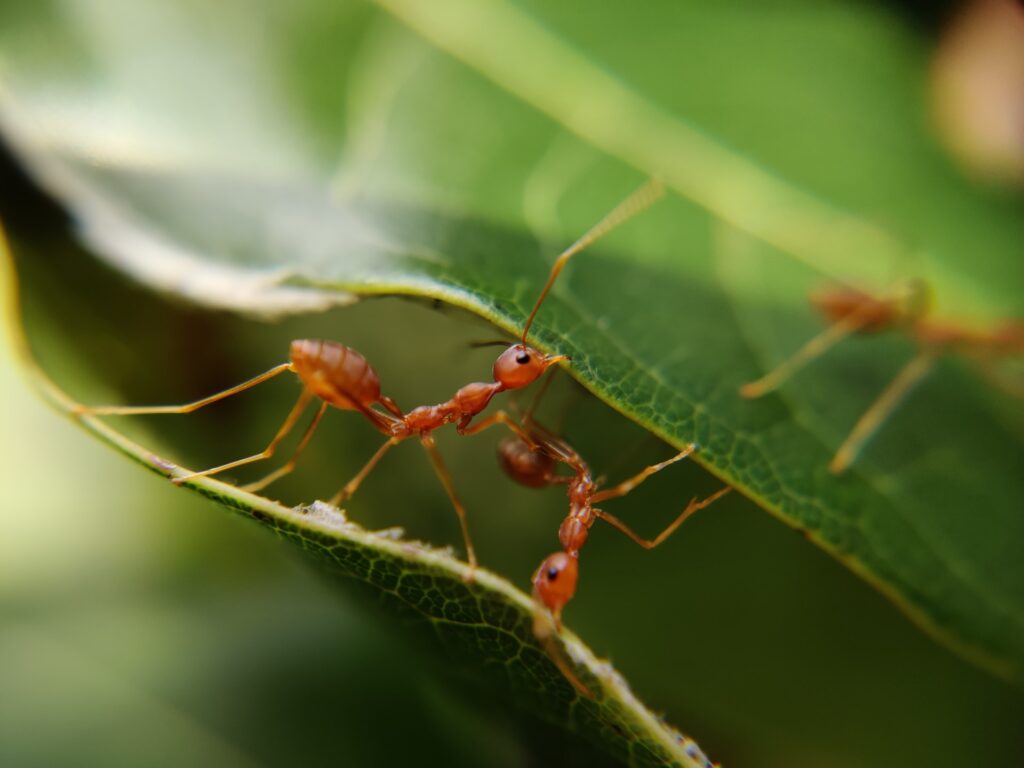Evolution and Behaviour
—



Our team’s projects will continue to focus on the evolution of animal behavior and the influence of behavior on evolution and speciation. Two main themes will be addressed: the study of behavioral evolution and speciation in Drosophila, and the evolution of sensory systems in insects.
Theme 1: Behavior and speciation in drosophila
The origin of new species is one of the most fundamental questions in evolutionary biology. Building on our laboratory’s unique heritage in the study of speciation in Drosophila, and incorporating new methods in genomics, genetics and neurobiology, we are exploring different facets of the interactions between speciation and behavior. We hypothesize that genes responsible for behavioral changes may be pleiotropically linked to loci underlying physiological and morphological divergences, ultimately promoting speciation.
Theme 2: Evolution of sensory systems in Hymenoptera
Sensory systems are at the interface between an animal’s environment and its physiology and behavior. They determine how animals perceive the world, and respond to it through their behavior. Consequently, our working hypothesis is that the evolution of sensory systems plays a central role in the adaptation of behavior to environmental change or the occupation of new ecological niches. By combining new methods in genomics, genetics and neuroethology, we will explore different facets of the evolution of sensory systems, in particular chemosensory systems, and their involvement in a major transition in the organization of living organisms, i.e. the appearance of the highest degree of social life (eusociality). Our study models will mainly be hymenopteran insects, an order known to have undergone at least 9 emergences independent of eusociality. We will work on both social Hymenoptera (honey bees, bumblebees, vespid wasps and ants) and solitary ones (parasitic wasps, solitary bees, etc.)
